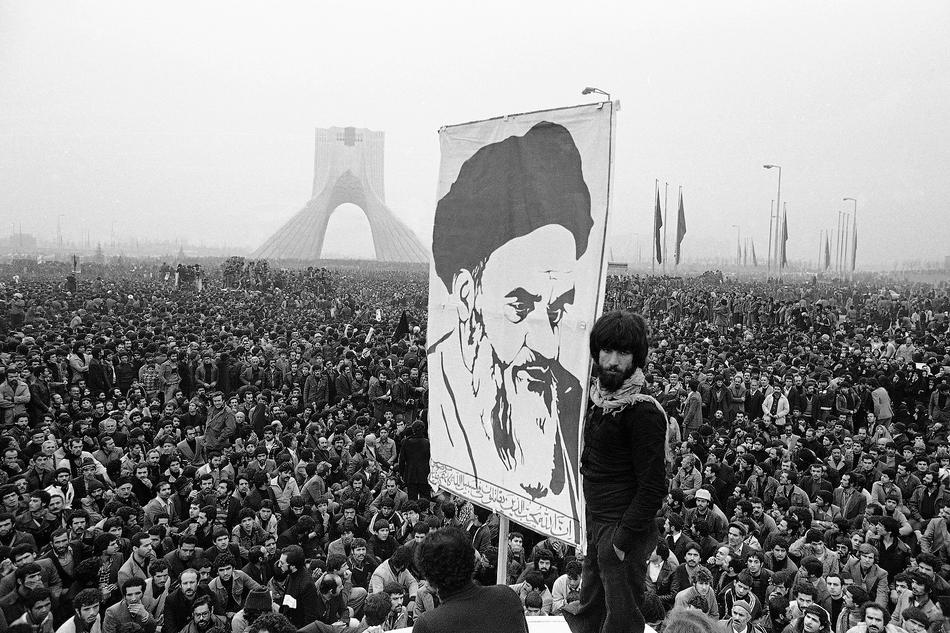In early February of this year, the regime in Teheran celebrated the fortieth anniversary of the 1979 revolution that overthrew the monarchy of Mohammad Reza Shah Pahlavi and brought to power a theocratic regime led by Ayatollah Ruhollah Khomeini. The sad reality is that most Iranians have very little to rejoice about today, struggling under a ruthless government and an ailing economy, which is, in turn, the result of corruption, mismanagement and biting international sanctions that have been levied on Iran in response to its pursuit of nuclear weapons.
Noting the anniversary, experts engaged in a debate about the legacy of that revolution, including its impact on Islamic political thought. FDI Senior Visiting Fellow, Dr. Emile Nakhleh, explained how the Iranian revolution ‘advanced the notion of Islamic activism as a potential force in governance by showing that participating in elections and governing (within limits), did not violate God’s rule’.
Key points:
- A major objective of Khomeini’s revolution was to create a pan-Islamic state for all Muslims.
- That objective was to be exported to all Muslim countries, by revolution if necessary.
- That objective was partly responsible for the rise in Islamist violence and religious terrorism.
- Ordinary Iranians who suffer under economic sanctions levied on their country because of the actions of the hard-line clerics, however, reject that initiative.
- That has led to the major decision that the theocracy in Iran faces: does it continue to export the revolution or does it focus on sustaining the regime?
Access the article by Ran Porat at the APO Analysis and Policy Observatory.

